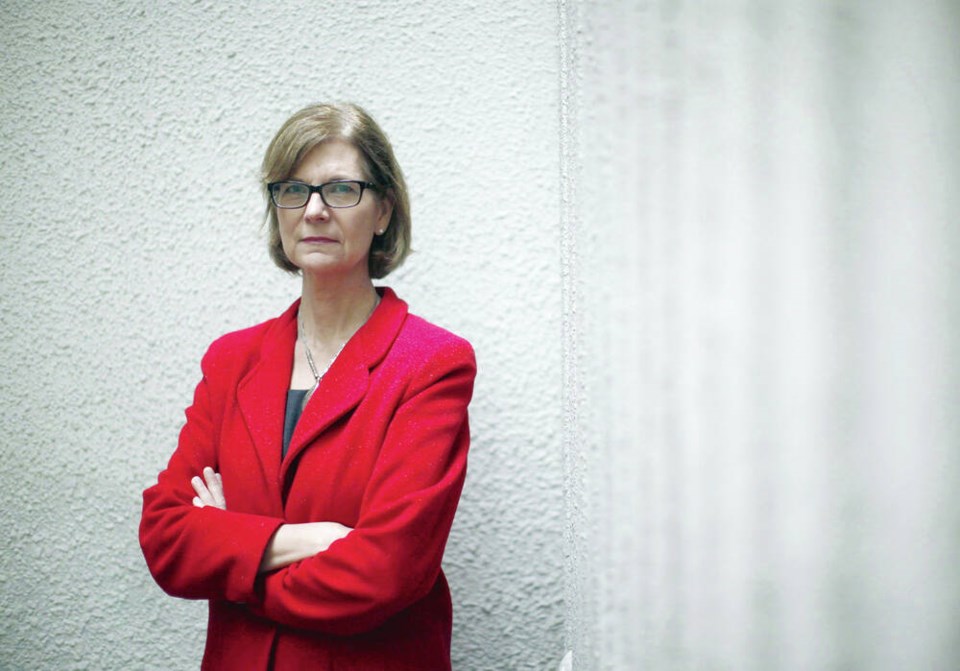B.C.’s seniors advocate says she is optimistic that provincial funding for non-profits to accelerate the construction of mixed-income housing will benefit seniors.
The province announced last week that it has allocated $100 million as part of its Community Housing Fund to help non-profit partners build more mixed-income rentals faster.
In this type of arrangement, low-income seniors typically apply to have a one-bedroom apartment in a building run by a non-profit or directly by B.C. Housing and their rent is capped at 30 per cent of their income. With a high senior population, services and support are easier to organize.
“The commitment to more subsidized units for seniors is important and I personally believe it’s one of the better models of seniors housing,” said Isobel Mackenzie, noting seniors are able to remain independent and live in the community.
The problem, she said, is that those subsidized units are needed “yesterday.”
The seniors advocate noted B.C. has fallen far behind on subsidized housing for seniors, with a wait list that has grown by 43 per cent in the last five years.
There were 9,400 applicants on the wait list in 2020-2021 and just 714 — or 16 per cent — were placed. At the end of the year, 8,706 were still waiting.
Island Health’s subsidized housing units per 100,000 population for people age 55 and older fell by 15.5 per cent over five years, according to the Office of the Seniors Advocate Monitoring Senior Services’ 2021 report. The provincial rate fell by about 14 per cent.
Mackenzie said the province dropped the ball in last week’s budget announcement by not increasing the SAFER grant for the lowest-income seniors, which hasn’t been increased in at least a couple of years.
SAFER — Shelter Aid For Elderly Renters — is monthly rent assistance provided to eligible low to moderate income seniors age 60 and older who have lived in the province at least one full year. These seniors are typically the lowest income group, already receiving the federal Guaranteed Income Supplement and paying more than 30 per cent of their income on rent.
About 25,000 seniors receive the SAFER grant, 95 per cent of whom are single. They have an average monthly income of $1,675, pay an average rent of $1,052 a month, and receive an average SAFER subsidy of $200. The average subsidy dropped by four per cent in the last year. Meanwhile there was a bump in seniors accessing other federal and provincial funding sources for low-income seniors.
“You still have these 25,000 seniors on SAFER who are falling a bit behind in terms of their ability to pay their rent,” said Mackenzie.
Rent increases were frozen in the first year of the pandemic and capped in the second year. “So there’s a rent increase coming, but there’s been no increase to the SAFER grant to accommodate that increase.”




